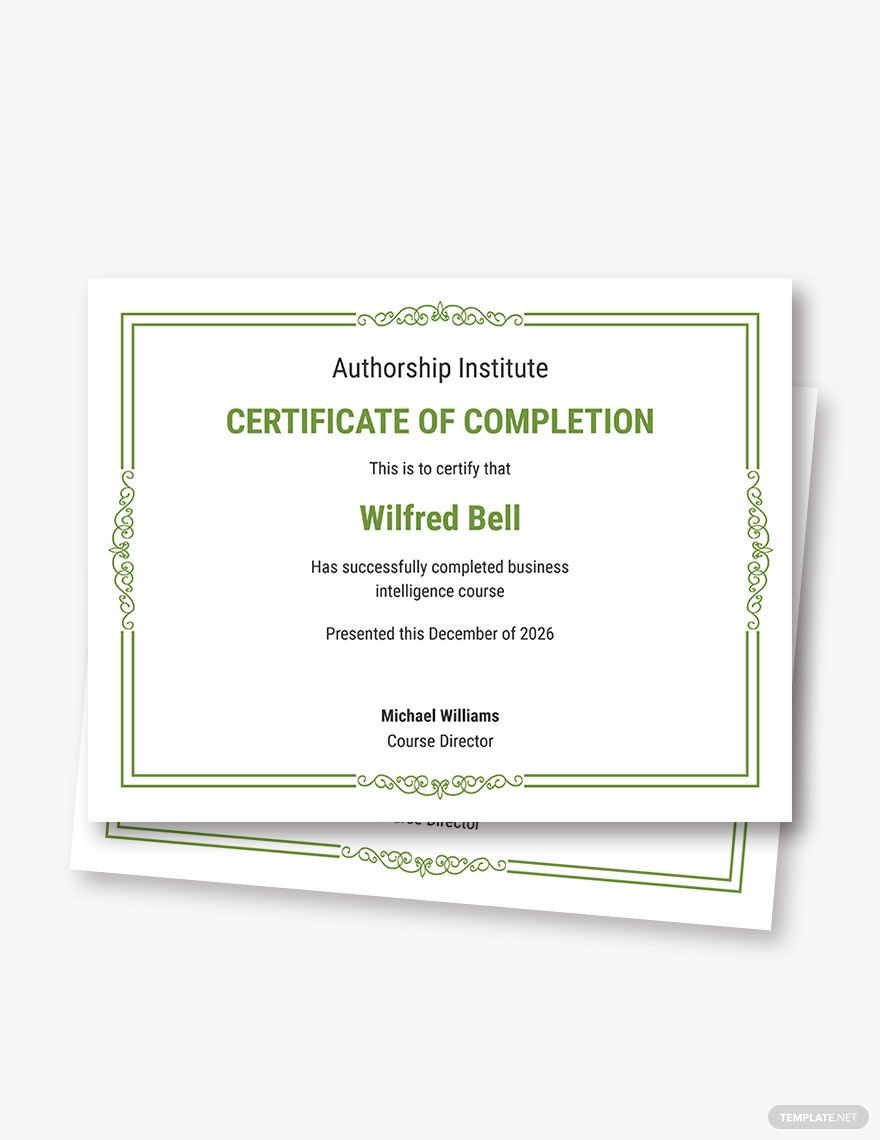Understanding Lawsuit Car Accident Settlements
Car accidents can be traumatic, not just physically, but financially and emotionally as well. When the carelessness or negligence of another driver causes an accident, you may have the right to seek compensation for your injuries, lost wages, and other damages. One common method of resolving car accident claims is through a lawsuit settlement.
A lawsuit settlement is an agreement between the victim and the at-fault driver (or their insurance company) to resolve the claim without going to trial. Settlements can offer several benefits, including the potential for a more timely resolution, greater control over the outcome, and reduced legal fees compared to going to court. However, it’s important to understand the process and factors involved in car accident settlements to make an informed decision.
Legal Rights and Options after a Car Accident
After a car accident, it’s crucial to seek medical attention immediately and document the incident thoroughly. This includes taking photos of the damage, getting a copy of the police report, and exchanging contact information with the other driver. You may also want to consider consulting with an experienced personal injury attorney to discuss your legal rights and options.
An attorney can advise you on the potential value of your claim, represent you in negotiations with the insurance company, and help you navigate the legal process. It’s important to act promptly after an accident, as many states have statutes of limitations that set deadlines for filing lawsuits.
Determining the Value of Your Claim
When determining the value of a car accident settlement, several factors come into play, including the severity of your injuries, lost wages, medical expenses, pain and suffering, and property damage. An attorney can help you assess the full extent of your damages and negotiate a fair settlement with the insurance company.
It’s worth noting that insurance companies will often try to minimize the value of your claim. They may argue that your injuries are not as severe as you claim or dispute the cause of the accident. Having an attorney on your side can help you negotiate a settlement that fairly compensates you for your losses.
Negotiating and Finalizing the Settlement
The negotiation process can take time and requires careful consideration. Your attorney will represent your interests and advocate for a fair settlement. They will present evidence to support your claim, such as medical records, lost wage statements, and police reports.
If both parties can reach an agreement, the settlement will be finalized through a written contract. This agreement should clearly outline the terms of the settlement, including the amount of compensation, any conditions, and a release of liability. Once the settlement is signed, it is legally binding and ends your claim against the at-fault driver.
Benefits and Considerations of Lawsuit Settlements
Lawsuit settlements offer several benefits, including avoiding the uncertainty and potential risks of a trial, reaching a resolution sooner rather than later, and having more control over the outcome. However, it’s important to weigh these benefits against the potential drawbacks, such as thepossibility of a lower settlement amount compared to a trial verdict and the need to compromise on certain aspects of your claim.
Ultimately, the decision of whether or not to accept a lawsuit settlement is a personal one. By carefully considering the factors discussed in this article and consulting with an experienced attorney, you can make an informed choice that is in your best interests.
Lawsuit Car Accident Settlements: A Guide to Understanding Damages and Negotiation
In the aftermath of a car accident, victims often face the daunting task of pursuing compensation for their losses. One common avenue for obtaining financial relief is through a lawsuit settlement. Understanding the types of damages you can recover and the process of negotiating a settlement is crucial for ensuring a fair and just outcome.
Types of Damages
Car accident settlements can cover a wide range of damages, both economic and non-economic. Economic damages compensate for quantifiable losses, such as:
- Medical expenses: Hospital bills, doctor’s visits, and rehabilitation costs
- Lost wages: Income lost due to missed work or reduced earning capacity
- Property damage: Repairs or replacement costs for vehicles, homes, or other damaged property
Non-economic damages, on the other hand, are more subjective and harder to quantify. They include:
- Pain and suffering: Physical and emotional distress caused by the accident
- Emotional distress: Anxiety, depression, or post-traumatic stress disorder
- Loss of consortium: The loss of companionship, love, and intimacy due to the accident’s impact on a relationship
Negotiation and Settlement
Settlement negotiations can take place before or after a lawsuit is filed. In most cases, both parties prefer to settle out of court to avoid the time and expense of a trial. The negotiation process typically involves:
- Initial Demand Letter: The victim’s attorney sends a demand letter to the at-fault party’s insurance company, outlining the damages claimed and proposing a settlement amount.
- Negotiations: Both parties engage in negotiations, exchanging offers and counteroffers. The insurance company may hire its own expert witnesses to assess the damages and challenge the victim’s claims.
- Mediation: If direct negotiations fail, the parties may opt for mediation, where an impartial third party helps facilitate an agreement.
- Settlement Agreement: Once an agreement is reached, the terms are documented in a settlement agreement, which the parties must sign. This agreement is legally binding and final.
Lawsuit Car Accident Settlements: A Guide for Victims
Legal proceedings involving car accident settlements can be mind-boggling, especially when you’re dealing with the aftermath of an accident. However, understanding the negotiation process can empower you as you seek compensation for your injuries and losses.
Negotiation Process: A Behind-the-Scenes Look
Picture this: you and your attorney sitting across from the insurance company representing the at-fault driver. It’s a negotiation dance, where both sides have their interests at heart. Your attorney will use their skills to present your case and fight for a fair settlement. The insurance company, on the other hand, will try to minimize their liability.
But here’s the thing: a negotiation is not a zero-sum game. Both parties can walk away feeling like they got something out of the deal. It’s not about winning or losing; it’s about finding a compromise that addresses your needs and respects the other side’s interests.
To help you out, here are some tips for navigating the negotiation maze:
* Be prepared: Gather all the evidence that supports your case, including medical records, witness statements, and police reports.
* Be reasonable: Don’t ask for the moon. Instead, focus on a settlement that fairly compensates you for your injuries and expenses.
* Be willing to compromise: Understand that both sides have to give and take to reach an agreement.
* Be patient: Negotiations can take time, so don’t get discouraged if you don’t reach an immediate settlement.
Remember, the ultimate goal is to reach an agreement that leaves you feeling like justice has been served.
Lawsuit Car Accident Settlements: A Comprehensive Guide
Car accidents can be life-altering events, leaving victims with serious injuries and financial burdens. If you’ve been involved in a car accident that wasn’t your fault, you may be entitled to compensation for your losses. However, navigating the legal process and negotiating a settlement can be complex. This article provides a comprehensive guide to car accident settlements, helping you understand what factors influence settlement amounts and how to maximize your recovery.
Factors Affecting Settlement
Several factors play a crucial role in determining the amount of a car accident settlement. These include:
Severity of Injuries
The extent of your injuries significantly impacts the value of your settlement. More severe injuries, such as broken bones, traumatic brain injuries, or spinal cord damage, generally result in higher settlements.
Liability and Fault
Who is responsible for the accident plays a significant role in determining settlement amounts. If the other driver was clearly at fault, you are likely to receive a higher settlement than if you shared fault.
Medical Expenses
The cost of your medical expenses, including hospital bills, doctor’s visits, and physical therapy, is a major factor in calculating settlement amounts. Higher medical expenses typically lead to larger settlements.
Pain and Suffering
In addition to medical expenses, you may also be entitled to compensation for your pain and suffering. This can include both physical and emotional pain, such as mental anguish, loss of enjoyment of life, and scarring.
Income Loss
If you’ve missed work due to your injuries, you may be entitled to compensation for lost wages and future earning potential. This is especially important if your injuries have left you with permanent disabilities that affect your ability to work.
Legal Fees
Don’t forget to factor in legal fees when considering a settlement. The percentage a lawyer takes can vary depending on the complexity of your case and the amount of the settlement.
Insurance Coverage
The insurance coverage of the at-fault driver and your own insurance coverage will also impact the settlement amount. Higher insurance limits generally mean higher settlements.
Negotiation Skills
Finally, your negotiation skills can play a role in the final settlement amount. An experienced attorney who knows the ins and outs of insurance companies can help you maximize your recovery.
Lawsuit Car Accident Settlements
When individuals are injured or sustain losses due to a car accident caused by another party’s negligence, they may consider pursuing legal action to seek compensation for their damages. One viable option is to reach a lawsuit car accident settlement, which involves an agreement between the victim and the at-fault party or their insurance company to resolve the claim outside of court. Settlements can offer several benefits compared to going through a protracted legal battle.
Benefits of Settlements
Settlements offer numerous advantages that make them an attractive option for many accident victims.
Firstly, settlements help avoid the often lengthy and stressful court proceedings. Trials can drag on for months or even years, causing additional emotional distress and financial strain on the victim.
Secondly, settlements provide prompt access to compensation. Unlike court awards, which can take a considerable amount of time to receive, settlements allow victims to obtain financial relief more quickly, ensuring they can cover immediate expenses such as medical bills or lost wages.
Thirdly, settlements offer victims a sense of closure and finality. The uncertainty associated with a trial can be emotionally draining, whereas a settlement provides a clear resolution and allows victims to move forward with their lives.
Fourthly, settlements often preserve relationships between the parties involved in the accident. Unlike trials, which can be adversarial and acrimonious, settlements encourage negotiation and compromise, potentially preventing further conflict.
Fifthly, settlements can provide comprehensive compensation for both economic and non-economic damages. This includes medical expenses, lost income, pain and suffering, and emotional distress. By considering all aspects of the victim’s losses, settlements aim to provide fair and equitable compensation.
Overall, settlements offer a range of benefits that can be highly advantageous for lawsuit car accident victims. They streamline the legal process, expedite compensation, provide closure, maintain relationships, and ensure comprehensive recovery.
Lawsuit Car Accident Settlements: A Comprehensive Guide
After a devastating car accident, obtaining a fair settlement is crucial for victims to recover from their injuries, both physically and financially. However, the process of negotiating and settling a lawsuit can be complex and fraught with potential pitfalls. While settlements can provide a timely resolution and avoid the uncertainties of a lengthy trial, there are inherent drawbacks that must be carefully considered.
Drawbacks of Settlements
While settlements may seem like an attractive option at first glance, there are several potential drawbacks that victims should be aware of:
-
Inadequate Compensation: Settlements often fail to fully compensate victims for their damages. Insurance companies are motivated to minimize their payouts, and they may pressure accident victims into accepting settlements that are far below what they are entitled to.
-
Future Costs: Settlements preclude victims from seeking further compensation if their injuries worsen or develop new complications in the future. For example, a victim who accepts a settlement that covers their immediate medical expenses may find themselves facing a financial burden down the road if their injuries require ongoing treatment or rehabilitation.
-
Limited Liability: Settlements may limit the liability of the at-fault party. By accepting a settlement, victims waive their right to pursue legal action against the responsible party for any future damages or expenses related to the accident.
-
Time-Consuming Process: Negotiating and finalizing a lawsuit car accident settlement can be a time-consuming process. Insurance companies often engage in protracted legal battles to reduce their liability, which can delay the resolution of the case and prolong the victim’s financial hardship.
-
Impact on Legal Precedents: Settlements can potentially set negative legal precedents for future car accident victims. If lowball settlements become the norm, it will make it even more difficult for victims to obtain fair compensation from insurance companies and at-fault parties.
Weighing the Pros and Cons
Before accepting a settlement in a lawsuit car accident case, it is essential to carefully weigh the potential benefits and drawbacks. Consulting with an experienced attorney can help victims understand their rights, negotiate the best possible settlement, and protect their interests both in the short and long term.
Conclusion
Lawsuit car accident settlements can provide a timely resolution to complex legal cases and help victims obtain compensation for their injuries. However, it is crucial to be aware of the potential drawbacks of settlements and to approach the negotiation process with caution. By understanding the advantages and disadvantages, victims can make informed decisions that protect their rights and ensure they receive a fair outcome.




Leave a Reply